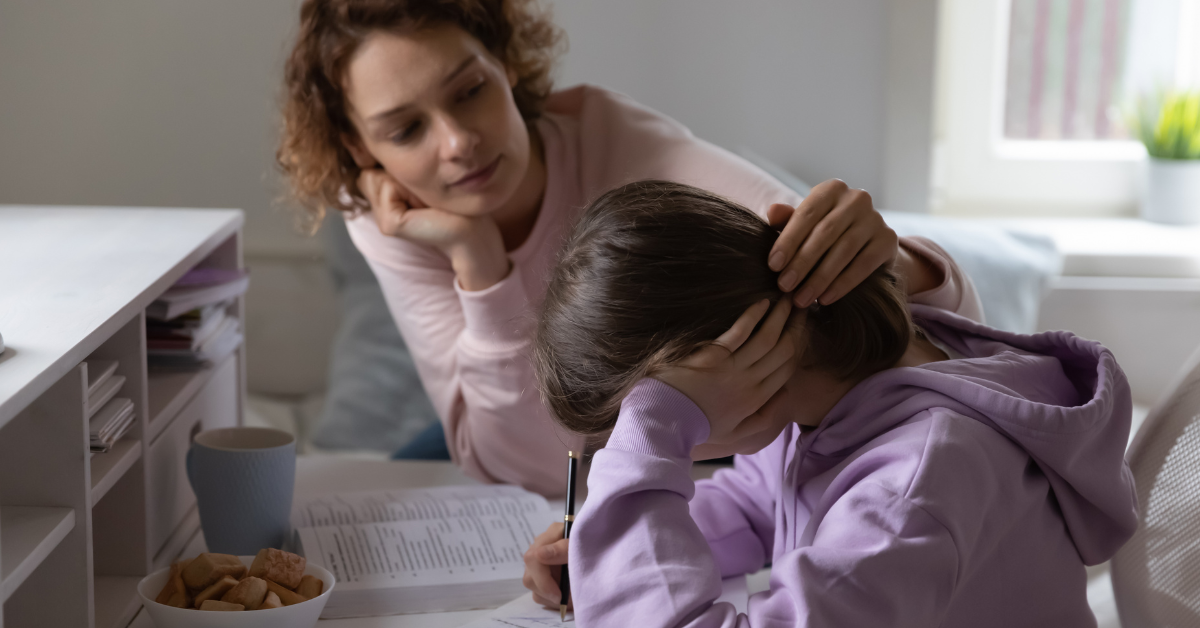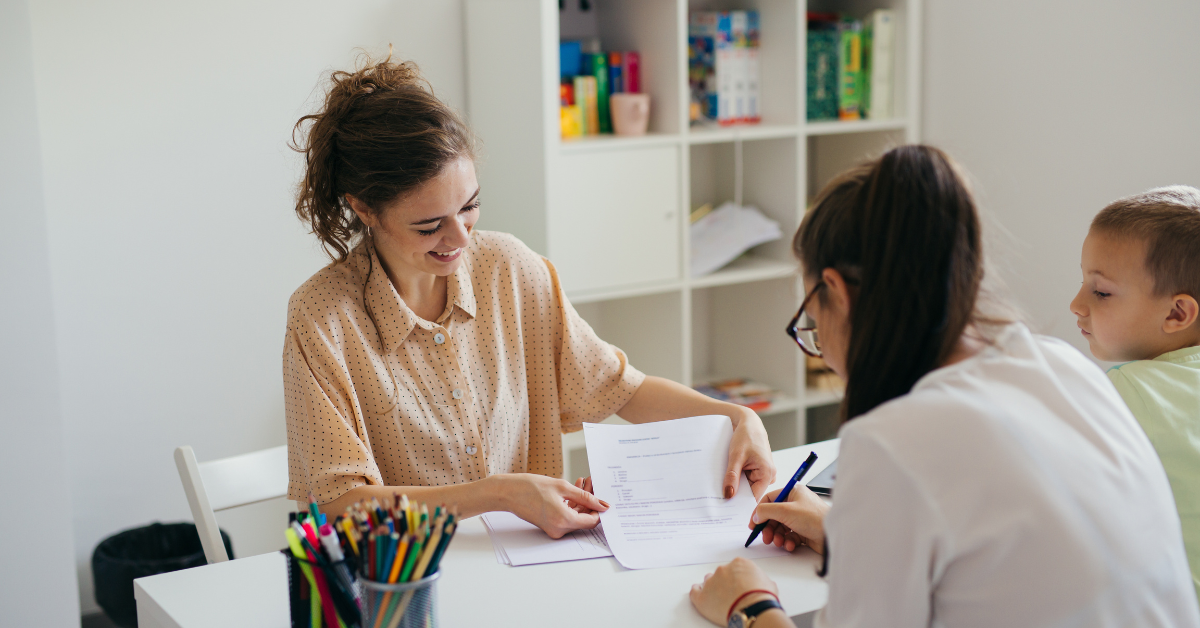Imagine you've woken up in the morning to discover a beautiful, unique flower in your garden. You want to help it thrive, but you've noticed that it seems to have different needs than your other plants. It becomes clear that you can't force this plant to conform—you need to identify your flower and give it exactly what it needs.
That same logic should be applied to every child. Whether or not they’ve been diagnosed with a learning difference, a child’s academic success correlates with their environment. To determine whether an environment is suitable for your child’s academic needs, an evaluation is necessary.
With the appropriate information, your child's team can create a learning plan to help your child grow into a confident, independent student.
While the children's evaluation process can seem overwhelming in the abstract we've created this guide to help provide the information you need to get started. Continue reading to discover how to pursue evaluation and learn more about your child's learning difference.
Why Does My Child Need an Evaluation?
Children with learning differences may require an evaluation for several reasons. Foremost, the process provides your child's academic team with data. This norm-referenced information can help the team make the best decisions about your child's placement.
Second, the data can become actionable immediately. It can help show educators exactly where a child needs support. It's a way for teachers to get to know your child better.
Furthermore, some children qualify for special services through a governmental act called IDEA. The data will determine whether your child qualifies for these services.
Most importantly, however, it's a way for parents to learn about their children's academic needs. Once you have the language, you'll be able to advocate for the appropriate placement, interventions, and accommodations. For many parents, it's a pathway toward finding a community of families living with the same differences.

Who Begins the Evaluation Process?
Evaluation can begin in one of two ways. Sometimes the parent starts the process by reaching out to their child's school. You might begin by contacting your child's teacher or by reaching out directly to the school's Special Education office.
Parents with children in private or homeschool settings should also contact the local school district. The initial evaluation is free for all families.
Occasionally, a teacher or administrator may reach out and recommend an evaluation for your child. The school cannot conduct any screening or assessments without your written consent.
No matter who initiates the process, the parent or caregiver can participate. The district will communicate with you throughout the process.
When Does the Evaluation Happen?
As per IDEA, the school district must evaluate your child within 60 days after you have given consent. It may take some time to schedule the evaluation. It will depend on your child's classroom schedule and the availability of the person performing the assessment.
The school district will provide you with a date and time. Parents do not need to be present during the evaluation. Evaluators will use several assessment tools. In some cases, the assessment may take multiple sessions.
What Happens During the Evaluation?
Your child's evaluation will be comprehensive. The evaluator will test your child's motor skills, general IQ, and vision, even if those are not your primary concerns. The assessments will provide the broadest picture of your child's abilities.
Every evaluation is complete and individual, so your child will be the only child in the room. The evaluator will be a special educator or school psychologist with experience working with school-aged children.
These individuals have training in assessment tools. They will ask questions, observe your child in different settings, and speak to your child's teachers. A lot of the one-on-one assessments seem like games.
Ultimately, the evaluation should not cause stress or disrupt your child's day. Many children find the evaluation fun.
What Happens After the Evaluation?
Following the evaluation, the educational professional will use their data to create a report. The school district will schedule a meeting to share these findings. The administration will invite you (along with your child's classroom teacher) to attend this meeting.
The meeting is all about your child. You'll discuss strengths, weaknesses, concerns, and the results of the assessments. By the end of the session, the professionals will explain your child's learning differences to you.

Next Steps Following the Meeting
If you disagree with the findings, you may request an Independent Educational Evaluation. In other words, you can repeat the process with a private agency. The IEE may or may not be at your own expense.
Of course, parents are welcome to pay for an Independent Educational Evaluation at any time.
If you agree with the findings, your child will begin to receive the academic support services discussed at the meeting. These are different for every child, even if both children have the same learning differences.
The services might include a different learning environment or a different student-to-teacher ratio. They might involve accommodations, pull-out services, alternate assignments, assistive technology, and more.
Ultimately, the evaluation process should illuminate what your child needs to succeed in school. It may take some time to get this right. Have patience, and don't forget that you are part of your child's team.
How Eagle Hill Students Thrive
Every child is a wholly unique person with their own host of needs. Evaluating school-aged children provides teachers and caregivers with the data they need to meet those needs—or even go above and beyond.
When we understand how a child learns, we can employ different learning strategies and make school a joyful place where they can discover new passions. Eagle Hill is a community where all families will find friendship and support.
Students not only grow academically, but gain social and emotional skills, make friends, and discover their strengths. We invite you to attend an upcoming open house session and discover what sets our school apart.


